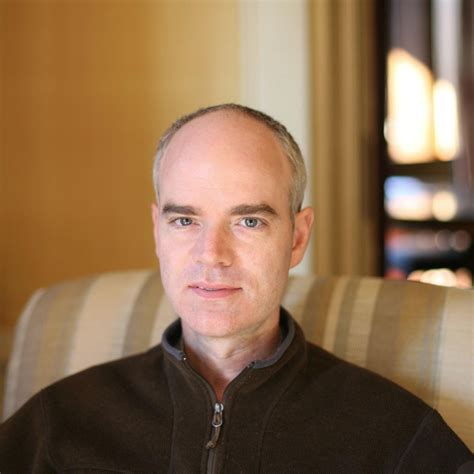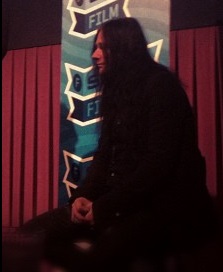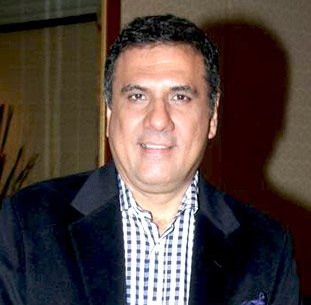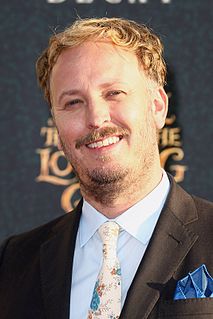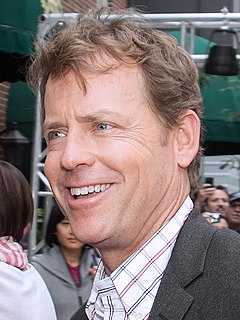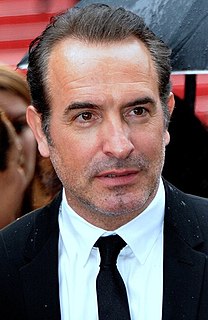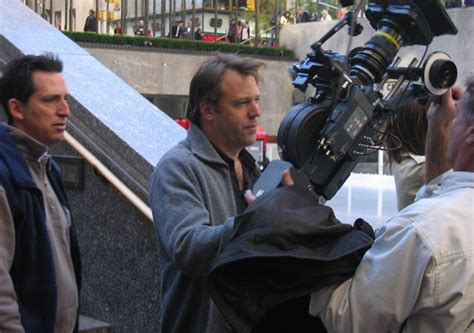A Quote by Joseph M. Kahn
I'm not interested in the director's commentary stuff. I think that stuff is really boring. And, if the director explains too much, it takes a certain mystery away from the interpretation that is very important for the audience to have. The audience should have their own interpretation.
Related Quotes
Theater is about interpretation and what an actor and what a director brings to a piece too. I'm open to it every time I work with a director and a group of actors. I have to be open to that interpretation. I'm not one of those hysterical playwrights that come and say, "This is not what I intended to do." It's one rendition of the piece.
All knowledge that is about human society, and not about the natural world, is historical knowledge, and therefore rests upon judgment and interpretation. This is not to say that facts or data are nonexistent, but that facts get their importance from what is made of them in interpretation… for interpretations depend very much on who the interpreter is, who he or she is addressing, what his or her purpose is, at what historical moment the interpretation takes place.
Well, I think it's important to keep things secretive because what's happened so much is the press competes with each other to put as much information out there as they can and sometimes it can be very damaging to the films to have the stories leaked or certain plot details. I think it's important to have something remain secretive for the audience and something special for the audience so there aren't spoilers all over the internet.
